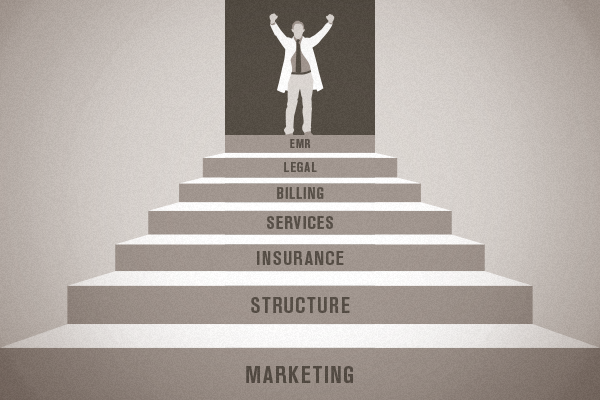Zackary Berger is a faculty member of the Johns Hopkins University School of Medicine. He contributed a new post to the Kevin MD blog (yes, we’re fans of Kevin, too!) because his institution recently switched from a home-grown EMR to EPIC, which as you know has been reputed to be an EPIC failure. Supposedly we’re reaching the “nexus” of electronic records and communication, a future where scientists and physicians and patients can give meaningful information and get meaningful insight in return.
Fact is, we think this future might remain for the time being just that, the future. That’s why we’re starting small, focusing our EMR on patients and docs having a meaningful electronic interaction. In time, this might lead to more paths of communication, and more meaning to be derived from digital data. The metaphor we use is this: imagine someone in a time predating the wheel, planning a system of stone roads. For now, maybe we should get the wheel spinning, and then see where we can go with it.
This complex highway of data and boxes and buttons might be a little premature. When Berger read an article by a colleague of his who is researching the use of these new EMRs he noticed something. Patients are given “access codes” in order to tap into the extraordinary benefits of these EMR programs. But guess how many people are actually activating them?
Only 20%. Hmmm, is that even a good number? Berger is wondering the same thing. We’re thinking it’s more like crickets in response to the big sell that is EPIC EMR, perhaps indicative of the disengaging reality of today’s EMRs.
READ ZACKARY BERGER’S NEW BLOG POST ON KEVIN MD



